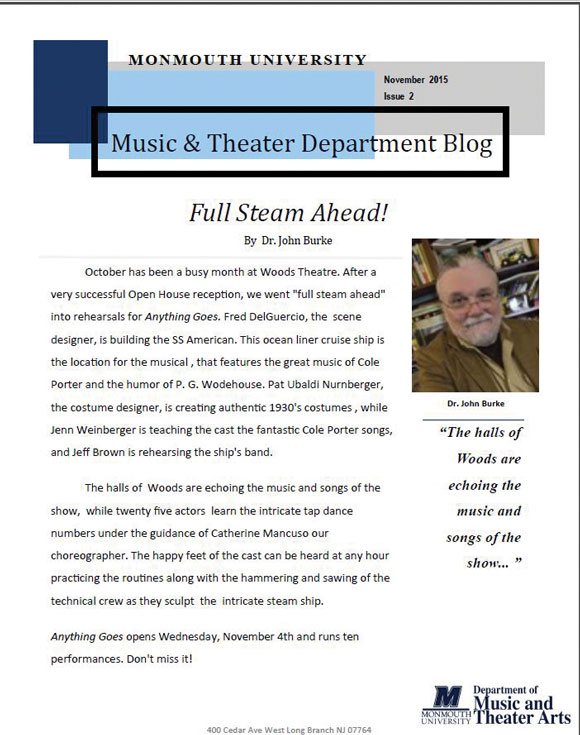We greatly appreciate the thoughts that The Outlook staff writer, Katherine Jaffe, shared in her opinion piece titled, “What Really Matters: GPA or Activities?” Three main points framed Ms. Jaffe’s opinion: 1) grades should not define students; 2) grades are unimportant because of grade inflation; and 3) hands-on and work experiences are more valuable than classroom learning. As educators and administrators from two different content areas, we felt compelled to respond and offer some of our unified thoughts. There are no easy answers to questions regarding the relationship among grades, classroom learning, and out-of-class experiences. To be worthwhile, experiences both within and outside the classroom have to be transformative for students. We have seen students transformed through course readings, lectures, class activities, written assignments, and educational experiences outside the classroom. There is no one best method of learning for all students, which means that professors must provide a diversity of opportunities within their classes for students to learn in a variety of ways. There are many ways to encourage students to think in new ways about issues with which they are familiar (what sociologists call “making the familiar strange”), and to think about issues that they have never considered.


